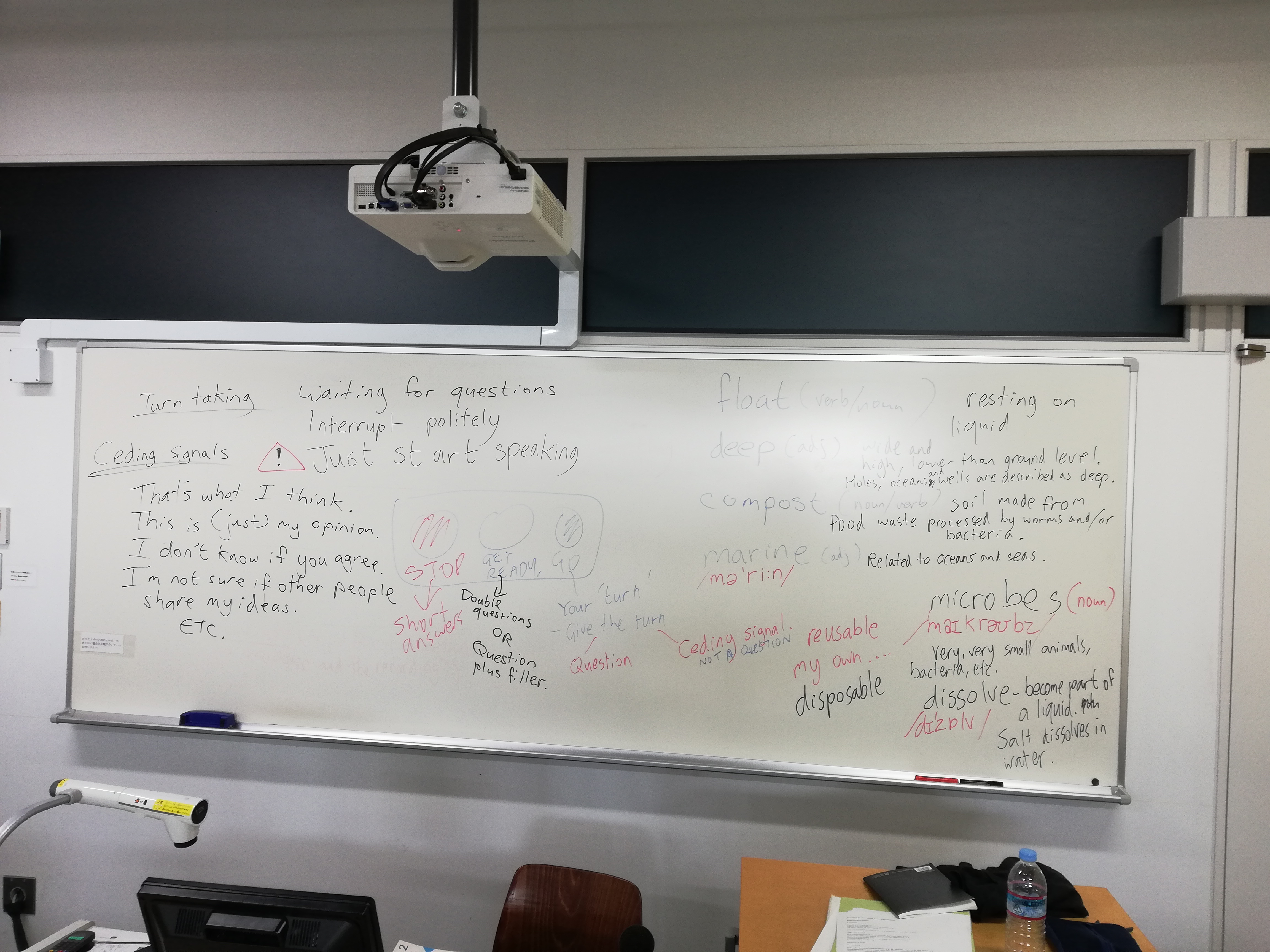
It’s almost the end of the semester in Japan, and therefore time to be considering new syllabus ideas and whatnot. Also, somewhat serendipitously, I heard the Teaching in Higher Ed podcast episode with Harriet Schwartz, where she talked about Connected Teaching and Relational Cultural Theory (RCT) . It sounded interesting, pondering how we react to the relationships we have with our students.
Basically, RCT started in psychiatry, and was a reaction to the science of treating everyone based on studies by/for white men. It is a radical theory that, boiled down, says we thrive on relationships and support rather than hyper-independence and individualism.
The outcomes of connected relationships brings about more energy (‘zest’ in the literature), clarity, sense of worth, empowerment and a desire for more connection (Hartling & Sparks, 2008). This should, in my opinion, bring about more motivation to spend time in the classroom and for autonomous study outside to prepare for deepening communication for deeper relationship building in the classroom. It also benefits teachers (or me, seeing as I am looking into it for my own classes), to have more sense of worth and purpose, and more energy, etc. That can’t be a bad thing, either.
All of this, I think, links to building/co-creating learning and Freire, and also with critical pedagogy in general. I am planning to write more on this, and will flesh out links to other concepts and applications then.
Reference
Hartling, L., & Sparks, E. (2008) Relational-Cultural Practice: Working in a Nonrelational World, Women & Therapy, 31(2-4), 165-188, DOI:
10.1080/02703140802146332

